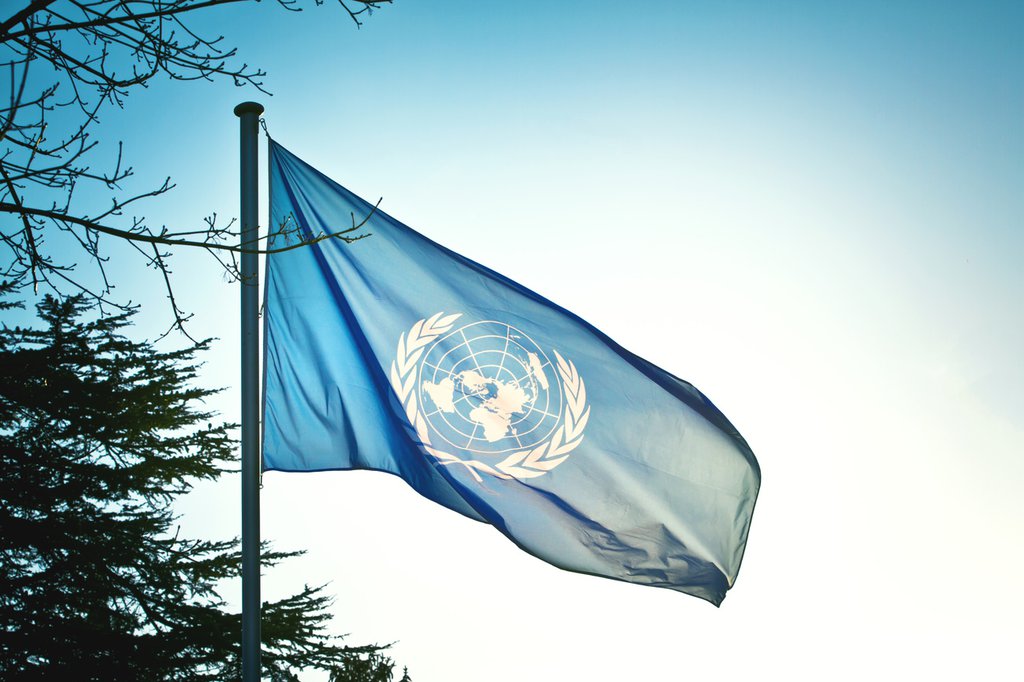How might the new market mechanisms under Art. 6 of the Paris Agreement be structured? That was the question for the Bonn Climate Change Conference at the end of June 2019. For further information on the conference, please click here under ‘Climate Conference in Bonn – June 2019’). Commissioned by the German Environment Agency, ahead of the conference INFRAS contributed to four discussion papers, two of which as principal author. The report on benchmarking discusses the extent to which global benchmarks are helpful in analysing greenhouse gas emissions as part of the credit mechanism set out under Art. 6.4 of the Paris Agreement. The discussion paper on promoting ambitions for climate targets identifies four options which would result in international market mechanisms under Art. 6 of the Paris Agreement being aimed higher, while preventing contrary incentives to water down target implementation.

1. Diskussionpapier: ‘Benchmarks to determine baselines for mitigation action under the Article 6.4 mechanism’
Global benchmarks are ill-suited to the majority of sources of CO2 emissions. Many goods and services are heterogeneous, and emissions ultimately depend on a variety of local factors. Benchmarking – i.e. a comparative analysis using pre-determined reference values – is thus less than ideal as a means of analysing greenhouse gas emissions in the context of the international market mechanism referred to in Art. 6.4 of the Paris Agreement. Benchmarks can nonetheless be important where individual sources of emissions are concerned. For example, they can be used to compare emissions with a reference value for a given industrial process.
Encouraging voluntary cooperation between member states and raising their ambitions for greenhouse gas reduction targets is a key element of Art. 6 of the Paris Agreement. However, the economic incentives present on the carbon markets might counter any such increase in ambitions, or even water down the way in which targets are implemented. The discussion paper identifies four options that would result in a long-term increase in ambitions, while preventing contrary incentives: 1) strengthen reporting, transparency and comparability; 2) structure the Art. 6.4 mechanism in a way that helps to increase the ambitions of guest countries; 3) support host countries so that they are able to increase their ambitions via the Art. 6.4 mechanism; 4) encourage the purchaser state so that it is able to increase its ambitions via the Art. 6.4 mechanism.
Background: The four discussion papers for the German Federal Environment Agency (UBA) project highlight key aspects of the credit mechanism under Art. 6 of the Paris Agreement. INFRAS drafted these papers in collaboration with the Wuppertal Institute for Climate, Environment and Energy, as well as the Fraunhofer Institute for Systems and Innovation Research. In addition to the two reports described above, a further discussion paper examines options for reducing global emissions overall, and another discusses the potential role of the voluntary market in increasing ambitions.



